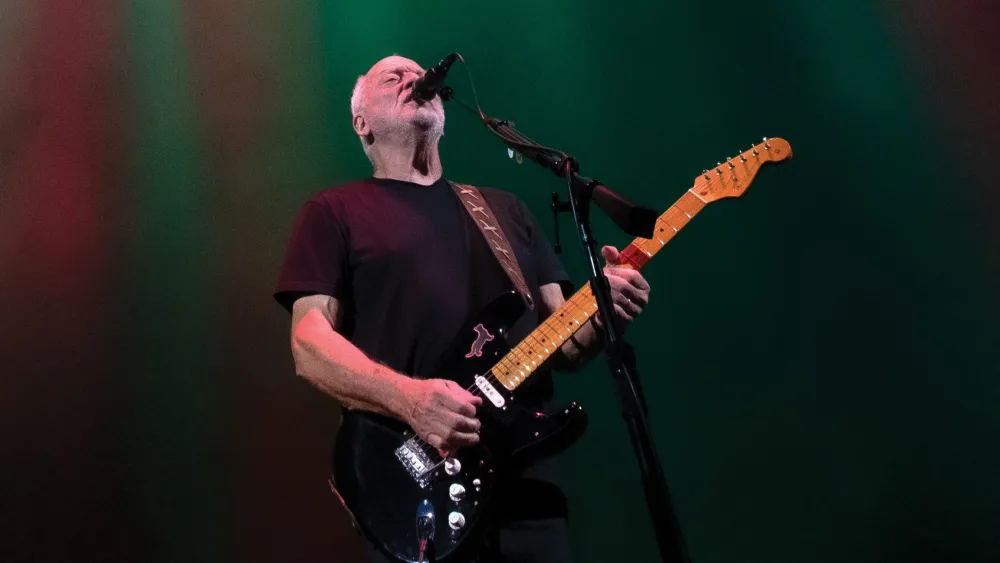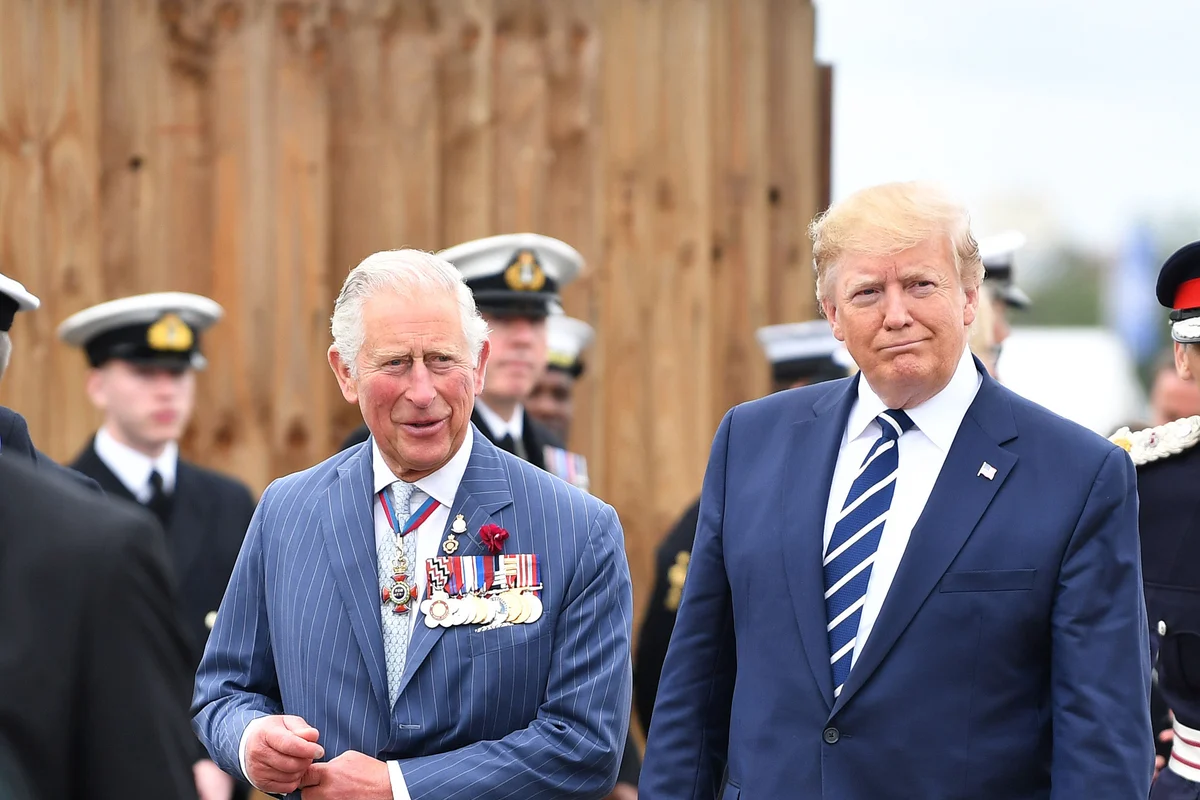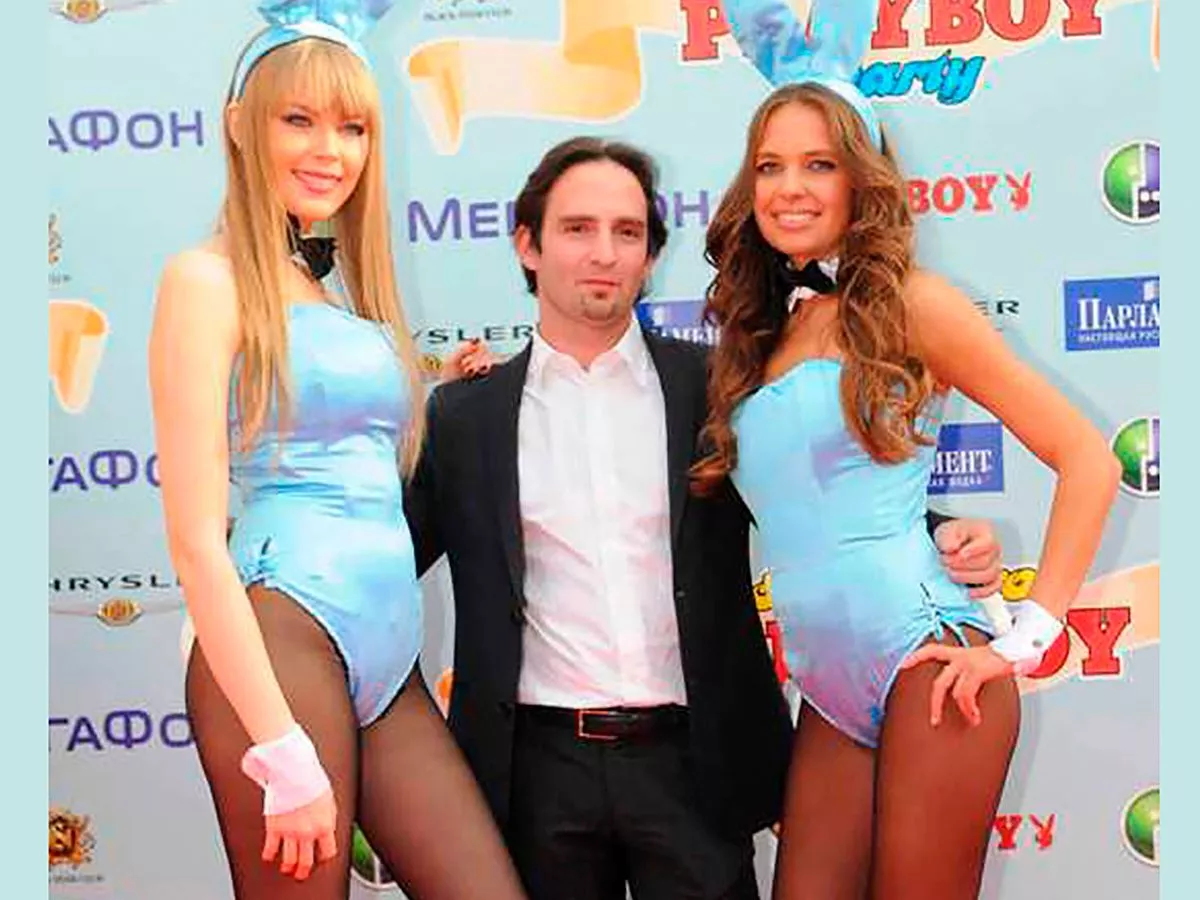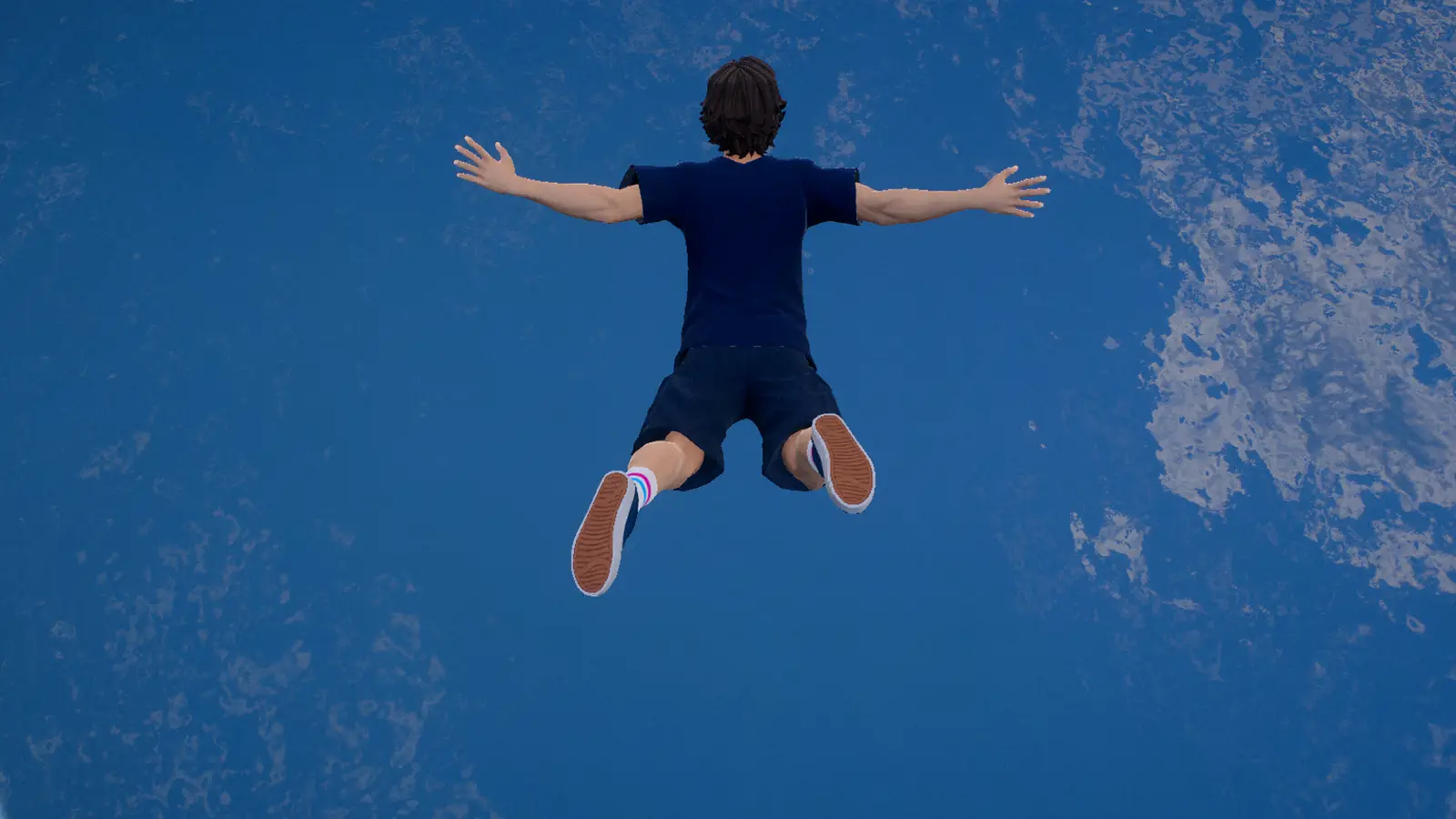
There’s a fine line, if any, between “Wish You Were Here” and FOMO. When David Gilmour returned to touring last year after eight years of not doing live dates, it was only in four cities, globally, leaving many fans of his solo material and Pink Floyd classics looking at the virtual postcards being sent from the host cities and wishing they were in L.A., New York, London or Rome. But now they can be in that last city, or as close as an Imax screen will allow, as “David Gilmour Live at the Circus Maximus, Rome” plays in theaters this week.
The two-and-a-half-hour concert film will play on regular screens as well as in Imax presentations, with most of the screenings set for Wednesday night, followed by encore screenings on Saturday and Sunday. It will also be coming to home theaters soon enough, and the music will be available in boxed sets or separate CD, vinyl and Blu-Ray editions. However they experience it, it will mark a further welcome reunion of Gilmour with his fans following the well-received “Luck and Strange” studio album of 2024 as well as the handful of dates behind it. (For more on what went down at these rare shows, read Variety‘s review of the L.A. engagement, under the headline “David Gilmour Leaves Fans Comfortably Dumbfounded at the Intuit Dome, in First U.S. Show in Eight Years”).
On the eve of the theatrical premiere of the Rome-based concert movie, Variety Zoomed with one of the world’s most beloved singer-guitarists to find out why he has a love of performance films in awe-inspiring settings… which stretches back to “Pink Floyd at Pompeii,” the 1972 movie that got its own big-screen revival earlier this year. We also inquired how much he had to do with the forthcoming 50th anniversary boxed set of Pink Floyd’s “Wish You Were Here” that was just announced, one of the first projects to come out after the band members sold their recording rights to Sony Music. Here’s a spoiler on that: He does not wish he was living in the past.
Doing several concert films now as you have, is part of that thinking about how you limit your touring and knowing you won’t reach everyone you might like to without creating something for cinemas? Or do you just like the idea of having them captured for posterity?
Well, you know, posterity — good word. I’m not sure. I mean, it is just selfish. It’s for me more than for anything to have these things down for the record, to be able to come back to and watch and share with people. Yeah, I mean, obviously there’s a huge advantage to it being out there for people who can’t get to a show, because we only did four cities on this tour, as a result of me being less willing to travel as much and live out of a suitcase and fly and everything every single day. So it’s sort of a slightly selfish desire to make people come to me, rather than the other way around.
You’re on the big screen twice this year. The “Pink Floyd at Pompeii” film did so well, particularly in Imax theaters. Does anything strike you about how people are seeing you 60 feet tall, 50 years ago and now again in the present day?
You know, I thoroughly enjoyed watching the “Pompeii” reissue. It’s amazing that that is the first time that anyone really has been able to see it in anything remotely close to what it was actually filmed in, which is actually shot on film. An edit was done on film, but that’s not a thing that people have seen. It’s all was been transferred to video 50 years ago or something, whenever it was, ‘71, ‘72, and shown on VHS tape. And now Lana, my wonderful research person, found all the original cans of film and had them all cleaned and scanned to 4K. And it was quite an experience with Steven Wilson’s new sound mix and just sort of amazing to see that. And then, as you say, to see myself, now, a couple of years later [laughs], in modern times, also in brilliantly sharp video and brilliant sound.
Between these two films, and others you’ve done in-between, you have a liking for playing and being captured in historic locations. In Rome, we may wonder whether you’re thinking of chariot races when you’re playing. But seriously, is there anything about it that you feel accentuates the timelessness of the music and makes it feel more out of time in a way? Or is it more just the visual appeal?
You know, I play those places anyway, not just for the visual appeal of making a film. Although it helps with Rome, it’s so beautiful. But, you know, I feel a sense of place and of history in those places when we are playing them. I’ve done a lot of those things. I’ve geared my last tours and made it a challenge for my manager and the agency people to find lovely places. You know, the Gdansk shipyards is also an interesting and wonderful moment of history, and of more recent history, of course.
Going from the timeless to the most trivial possible question… You had a cat emblem for this tour, and we see that cat animated and stalking the streets at the beginning of the film. And we see from the closeups of your guitar that you even have the cat emblem there. Are you just a cat person?
In fact, that very cat that is on my guitar and is the one that has been animated for those sequences is a cat that we do have at home. He’s lovely. We’ve got two black cats, in fact. And, yeah, I am a pretty much a cat person. I’m a dog person as well, though. A black dog as well, but he wasn’t as good to get on film. He’s very grumpy about that.
Recently you said that you were thrilled with the way this tour turned out, and the film as well. Did you know that going in, that you’d be thrilled? Because you had been off the road so many years, and it must feel like there are plenty of reasons to stay home after a lot of years of doing it.
Yeah, from the beginning of starting to make the album, I knew that we were going to embark on a tour of some sort. And the new musicians that have come into the fold have really helped with that decision and that drive, because they’re all very lovely people and brilliant musicians and ones who are wanting to explore the new. And I’ve been able to allow them much more freedom than I might have done, you know, on some previous occasions. I have developed for myself a more relaxed attitude towards how close to the original recordings one has to remain. I’m less concerned with that as a philosophy.
The balance between old and new in these shows was strikingly effective and felt right — and of course, when you’re playing for two and a half hours, it allows you room to achieve that balance. In the show, you did nine songs from the most recent album. I may be unlike most of the audience for shows by veteran artists, because I really want that new material, because if nothing else, it makes me feel like the artist is more invested. Hearing that much new stuff, we can sense this is something that’s still really relevant for you, creatively.
You’ve said it. What can I say? You know, my preference, obviously, is to be playing new music. But one doesn’t want to disappoint people, and I love playing those old songs too. So achieving the balance of getting all the new music that you want people to hear live into the equation, into the moment, but also still playing the old songs, or some of the old songs, it’s a tricky balance that I hope I managed to achieve this time. Polly, my lovely wife and co-writer, lyricist, ideas person and everything, was the one who put the set list together, mostly.
That’s interesting. Did she surprise you with anything she came up with that she said needed to be in there?
No, she kept saying to me, “Have you done a set list yet?” And I was saying, “I’m getting to it, I’m getting to it,” and procrastinating. And eventually I said, “Well, come on, let’s see yours.” And I just read hers through, and it was pretty perfect. There were songs that people expect or demand to hear, and then there were, I don’t know, some of my (own favorites)…
Did you end up having any favorite moments from the Pink Floyd catalog material? It was nice hearing “Fat Old Sun,” which is not obligatory in any way. And somehow that felt close to something you might do now, for some reason.
It’s a moment. It’s emotional for me. It’s about a moment in time when I was a young man. And it changes a little bit every time we play it. You know, we had a different arrangement to it. We lit a little hole up here towards the end, and then come thrashing in and do the guitar solo part, in a slightly more emphasized way than one might have done in the past. And, you know, it’s a very adaptable piece of music that I still love.
And it was lovely how you found a way to do “The Great Gig in the Sky” with all the women that you have on stage for the show, four voices ultimately instead of one, everyone seated together in a very intimate way. Was that a tough one to figure out what to do with?
Well, you know, it was, again, an idea of Polly’s to have a more intimate moment on stage, and bring a piano on and have Louise Marshall and these vocalists that I have on this tour that all are instrumentalists too. They’re all highly skilled players of guitars, pianos, harps, ukuleles, even, and percussion stuff. And they brought their gift to that intimate moment. And in fact the four women vocalists have formed their own group, and call themselves Marshall Gilmour Webbs, and have been doing some club dates here in England. And they’re brilliant accompanying themselves, and as they do it on their own instruments, I’m hoping that that will move on into something bigger.
Your daughter, Romany, seemed to have turned into something like a fan favorite, with the song that she sings lead on, “Between Two Points” (a cover of a 1999 song by the Montgolfier Brothers). It sounds like she was originally just going to do a couple dates and then maybe she put off her schooling or something because you felt you needed her on the whole tour?
I think she felt that we needed her on the whole tour than anything. She had such a great time coming to do one or two things. Right from the beginning, in rehearsals, the idea was that she would rehearse that one song and do that thing as a sort of special guest. But I don’t think she wanted to really be a special guest. She wanted to be a part of the whole thing. So she learned all the stuff and joined in and became an an integral and vital and enthusiastic and effervescent part of the whole thing, which helped set the tone for all of the band.
Moving on from this tour and film, it was just announced in the last week that there would be a new “Wish You Were Here” boxed set. And of course that’s relevant anyway because something from that album is always going to play an important part in your shows today. Since the remaining band members sold all the catalog recordings to Sony, have you been hands off with it since the Sony sale? Did you get consulted on that set at all, or did you just say, “Go do what you will with it”?
I didn’t get consulted at all. No. I’ve left it all in their hands. You know, I was kind of busy. And at some point you have to let go, and I thought I wasn’t gonna wait till I pop off this planet before I let go and let someone else have a go at it. And I believe they’ve done a great job. I haven’t even, to be honest, listened to the new mixes and things yet. But I just can’t make myself live in the past quite that much.
You said in another interview that it was your “dream” to finally be free of band meetings and consultations and things like that. Everybody needs a dream! And your dream was to wash your hands of all that.
Well, it was, and is. And I’m so thankful to not have to really make those decisions. It was decisions of Sony’s to put out the “Pompeii” thing and to put out the “Wish You Were Here,” and to work with people with whom we have worked before to get these things into the best possible way of moving them into the future, but with me not being as controlling and attached as I have always been in the past. And, you know, it wouldn’t be a waste of effort, but there are better things for me to be doing. Other people can take care of those things, and you have to give them your trust.
People have been happy to hear that you’re working on another album and that it might be out faster than the gap between previous things.
Well, I’m hoping that gap will be a lot shorter. I can’t promise exactly how long that gap’s gonna be. But the process of finishing that tour, getting on with making a film and mixing the sound and all the attendant things that go along with that whole process always seems to just take more time and energy than you think it’s going to. And my optimism of being back in the studio long before now hasn’t really quite panned out that way, but I’m getting on with it. It is in progress.
Did returing to things with this latest cycle feel like it kind of helped grease the wheels at least a bit for you in terms of your eagerness to be in the studio or doing live dates?
Well, my eagerness to follow that album with another one is there, you know — it’s quite palpable. And I do want to get on with that as soon as possible, and one has only so many hours in a day.
I saw an interview with you in which you used the word “hunting.” I couldn’t actually remember hearing musicians use that word in conversation that much, and I’m almost surprised I don’t hear it more often. Because when you’re playing your guitar and improvising, maybe it’s a process of looking for that moment something you recognize might be an earworm for other people pops up. Is that a good term for how you think of that?
A part of what I’m doing is, I am looking for little moments of magic that just occur. And you can say it’s magic, or you can say it’s hunting, or you can say it’s channeling the muse channeling through me. You know, there’s all sorts of ways you can look at that and think about that, but it is wanting to capture little tiny moments that are then there for development. Because you don’t need a lot of inspiration for it to be a start point for something. It could be… [He hums the famous four notes from “Shine On You Crazy Diamond”].
There are so people out there right now of a certain generation — ast night Neil Young played the Hollywood Bowl, and later this week the Who will be there, and next week Paul McCartney is coming to southern California. You have a lot of contemporaries out there who are doing their thing. You are probably out there a little less frequently than most of them, but does seeing these people ever put a spark under you, like, if these guys are out there doing it, I should be to? Or are you kind of unaware of what other people are up to?
No, I’m completely aware… I mean, I haven’t seen the Who on this tour. I saw Paul McCartney fairly recently. You know, it is inspiring to see people getting out there and doing their thing. Paul’s show was brilliant. I haven’t seen Neil in a long time, but I’m a huge fan of his music and what he does. You know, part of me just thinks, where is the new stuff that’s carrying that, and bringing something that’s got as much depth and feeling and meaning as some of those people still seem to have?
So, in your own case… is it possible we will see you doing live shows again in the next couple of years like we see you doing in this film, again, keeping the number of dates and cities modest and letting the people come to you?
Who knows? I don’t want to say one thing to you, then have a moment of changing my mind completely. I will see.



